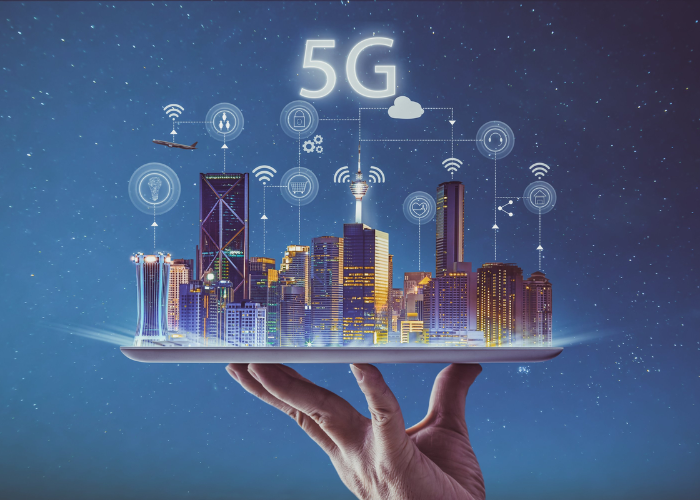The 5G technology is the fifth generation of cellular network technology. It is the latest and most advanced version of cellular network technology, providing faster, more reliable, and more secure connections than ever before. The 5G technology is expected to revolutionize the way we communicate and interact with each other as well as the way we use the Internet. The 5G technology is currently being developed and is expected to be fully deployed by 2020. The increased speeds of 5G will open up new possibilities for businesses and consumers, allowing for faster downloads, smoother streaming, quicker response times, and improved reliability.
What is 5G Technology?
The 5G technology is the fifth generation of cellular network technology. It is the latest and most advanced version of cellular network technology, providing faster, more reliable, and more secure connections than ever before. 5G technology is based on the 802.11ac Wi-Fi standard and offers higher data rates, more efficient use of spectrum, and improved system capacity. The 5G technology is expected to be around 10 times faster than the current 4G networks, allowing for faster downloads and streaming with less latency. 5G also has the potential to support more connected devices than ever before, allowing for more Internet of Things (IoT) applications and services.
Benefits of 5G Technology
The benefits of 5G technology are numerous. Its increased speeds and improved reliability will allow for faster downloads and streaming, quicker response times, and enhanced reliability. 5G technology can also support more connected devices than ever before, allowing for greater Internet of Things (IoT) applications and services. 5G technology is also expected to reduce latency, allowing for near-instant communication and response times. Additionally, 5G technology is expected to be more secure than previous generations of cellular network technology.
5G Technology Impact on Connectivity
The 5G technology is expected to have a major impact on how we communicate and interact with each other. With its faster speeds, more reliable connection, and increased capacity, the 5G technology will allow for a more seamless and reliable connection for both businesses and consumers. The 5G technology is expected to reduce latency, allowing for near-instant communication and response times. This will allow for more real-time communication and collaboration between businesses and consumers. Additionally, the 5G technology will allow for more connected devices than ever before, allowing for greater Internet of Things (IoT) applications and services.
5G Technology Impact on Innovation
The 5G technology will have a major impact on innovation. Its faster speeds, improved reliability, and increased capacity will allow for more applications and services that were not possible with previous generations of cellular network technology. The 5G technology will also allow for more connected devices than ever before, allowing for greater Internet of Things (IoT) applications and services. Additionally, the increased speeds and improved reliability of 5G technology will allow for faster downloads and streaming, quicker response times, and improved reliability. This will allow businesses and consumers to take advantage of new applications and services that were not possible before.
Challenges of 5G Technology
While the 5G technology offers many benefits, it also presents some challenges. One of the major challenges is cost. The cost of deploying the 5G technology is expected to be significantly higher than previous generations of cellular network technology. Additionally, the 5G technology will require new infrastructure and equipment, which will also add to the cost. Additionally, the 5G technology will require more spectrum than previous generations of cellular network technology, which could be a challenge for some countries or regions. Finally, the 5G technology is expected to reduce latency, but this could also create some challenges, as some applications and services may not be able to handle the increased speeds.
Conclusion
The 5G technology is the fifth generation of cellular network technology and is expected to revolutionize the way we communicate and interact with each other as well as the way we use the Internet. The 5G technology offers faster speeds, improved reliability, and ma more secure connection than ever before. Its increased speeds and improved reliability will allow for faster downloads and streaming, quicker response times, and enhanced reliability. Additionally, the 5G technology will support more connected devices than ever before, allowing for greater Internet of Things (IoT) applications and services. The 5G technology will also reduce latency, allowing for near-instant communication and response times. While the 5G technology offers many benefits, it also presents some challenges, such as cost and spectrum availability. Overall, the 5G technology is expected to have a major impact on how we communicate and interact with each other, allowing for more applications and services that were not possible before.





